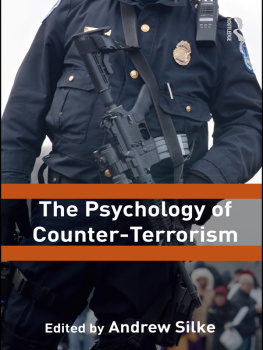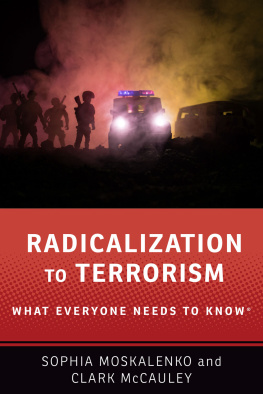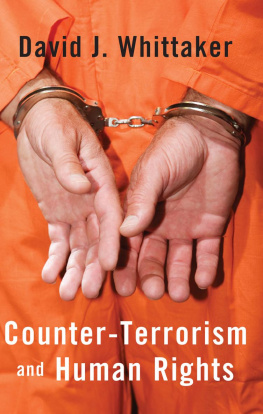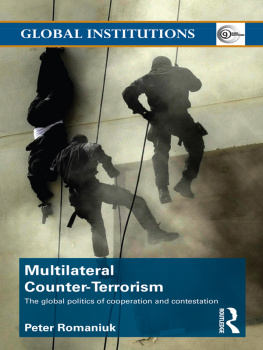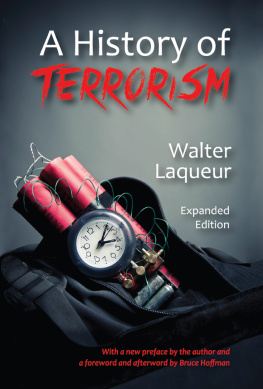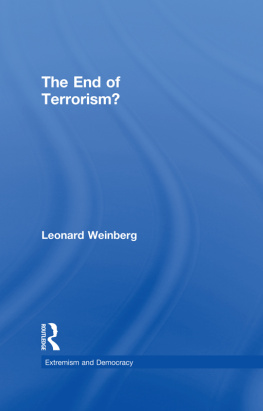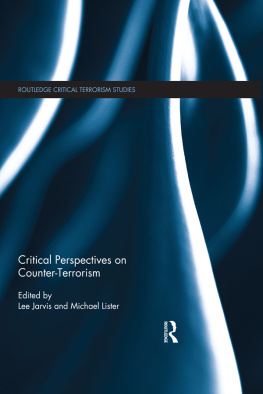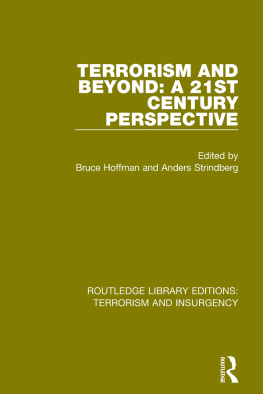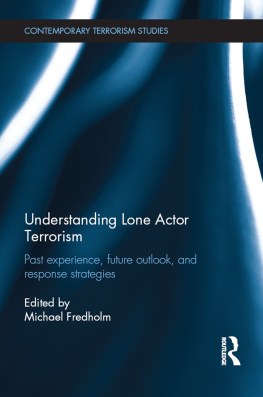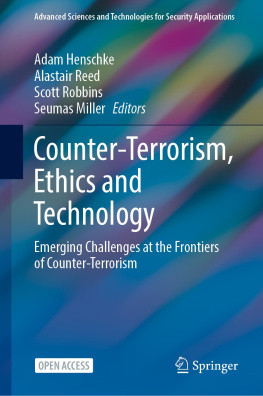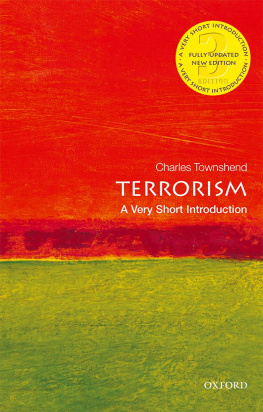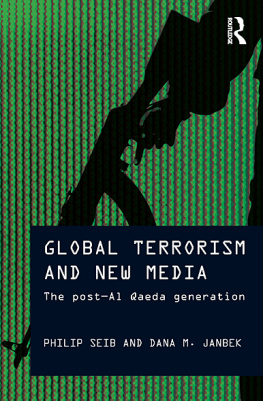Andrew Silke - The Psychology of Counter-Terrorism
Here you can read online Andrew Silke - The Psychology of Counter-Terrorism full text of the book (entire story) in english for free. Download pdf and epub, get meaning, cover and reviews about this ebook. year: 2010, publisher: Routledge, genre: Politics. Description of the work, (preface) as well as reviews are available. Best literature library LitArk.com created for fans of good reading and offers a wide selection of genres:
Romance novel
Science fiction
Adventure
Detective
Science
History
Home and family
Prose
Art
Politics
Computer
Non-fiction
Religion
Business
Children
Humor
Choose a favorite category and find really read worthwhile books. Enjoy immersion in the world of imagination, feel the emotions of the characters or learn something new for yourself, make an fascinating discovery.
- Book:The Psychology of Counter-Terrorism
- Author:
- Publisher:Routledge
- Genre:
- Year:2010
- Rating:5 / 5
- Favourites:Add to favourites
- Your mark:
The Psychology of Counter-Terrorism: summary, description and annotation
We offer to read an annotation, description, summary or preface (depends on what the author of the book "The Psychology of Counter-Terrorism" wrote himself). If you haven't found the necessary information about the book — write in the comments, we will try to find it.
This edited book explores how psychology can be used to improve our understanding of terrorism and counterterrorism.
This work firstly aims to provide balanced and objective insight into the psychology of terrorists; what their motivations are, what keeps them involved in terrorist groups, and what eventually forces most to end their active involvement in terrorism. Secondly, the contributors focus on the challenging issue of how to respond to terrorism. These chapters provide information for those concerned with short-term tactical problems (e.g. interviewing), as well as those looking towards the more long-term strategic questions of bringing an entire terrorist campaign to an end. Ultimately, the individuals involved in terrorism require a more complex response from society than simply a quest for their apprehension. Believing inaccurate and misleading characterizations leads inevitably to damaging policies and deficient outcomes and campaigns of violence are needlessly prolonged. It is from this perspective that the concern arises with how researchers and the policy makers guided by them perceive the psychology of terrorists and of terrorism.
This innovative book will be of great interest to students of terrorism and counter-terrorism, security studies, psychology and politics, as well as security professionals and military colleges.
Andrew Silke: author's other books
Who wrote The Psychology of Counter-Terrorism? Find out the surname, the name of the author of the book and a list of all author's works by series.

